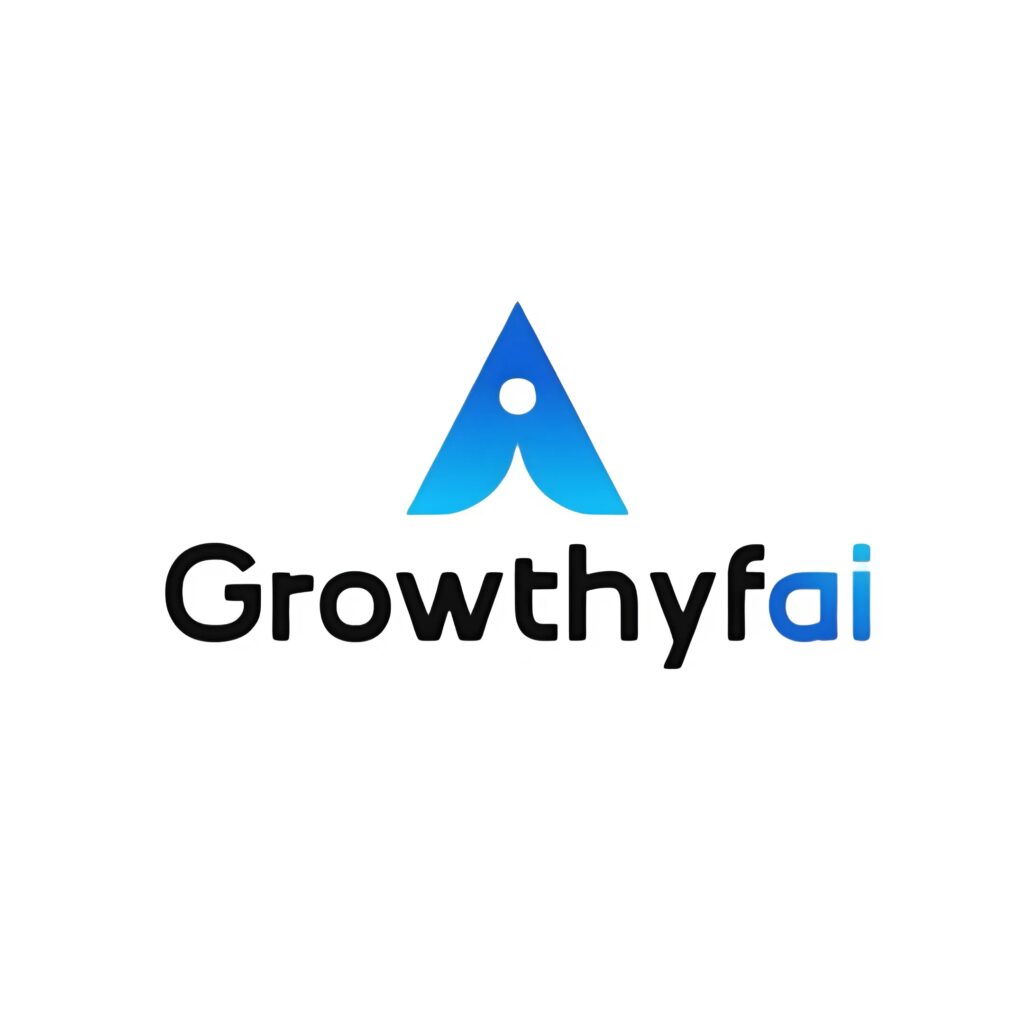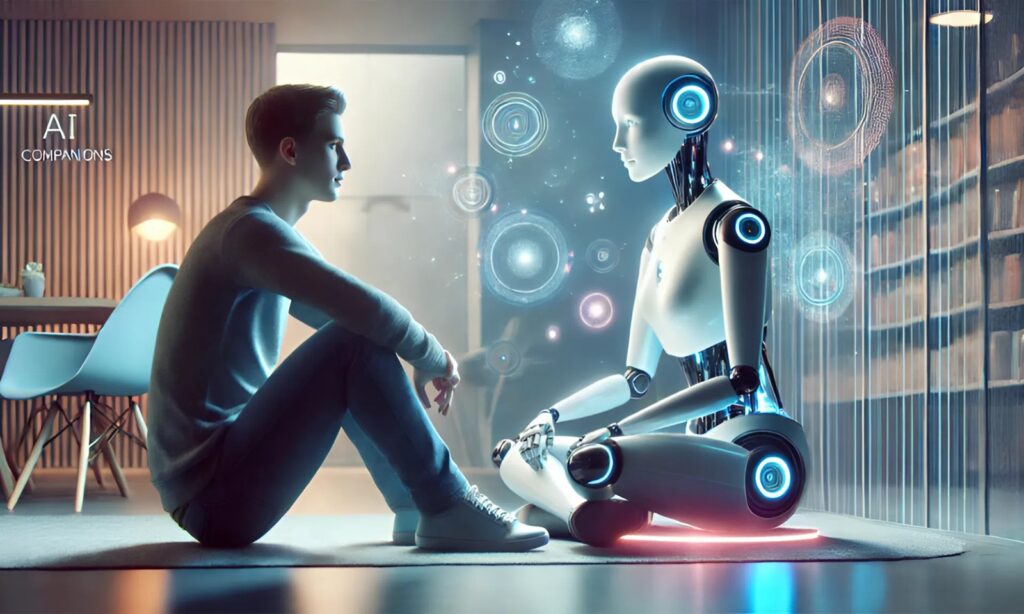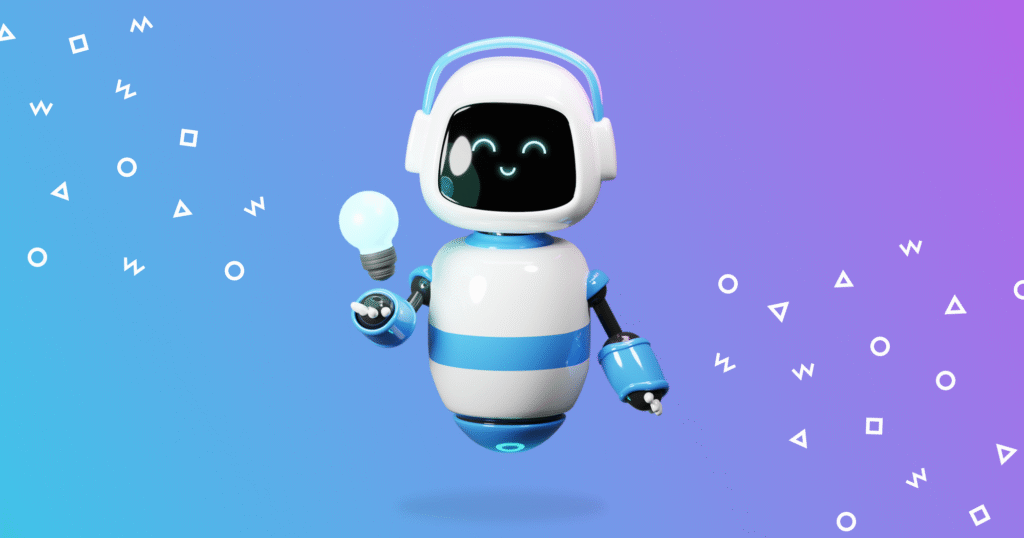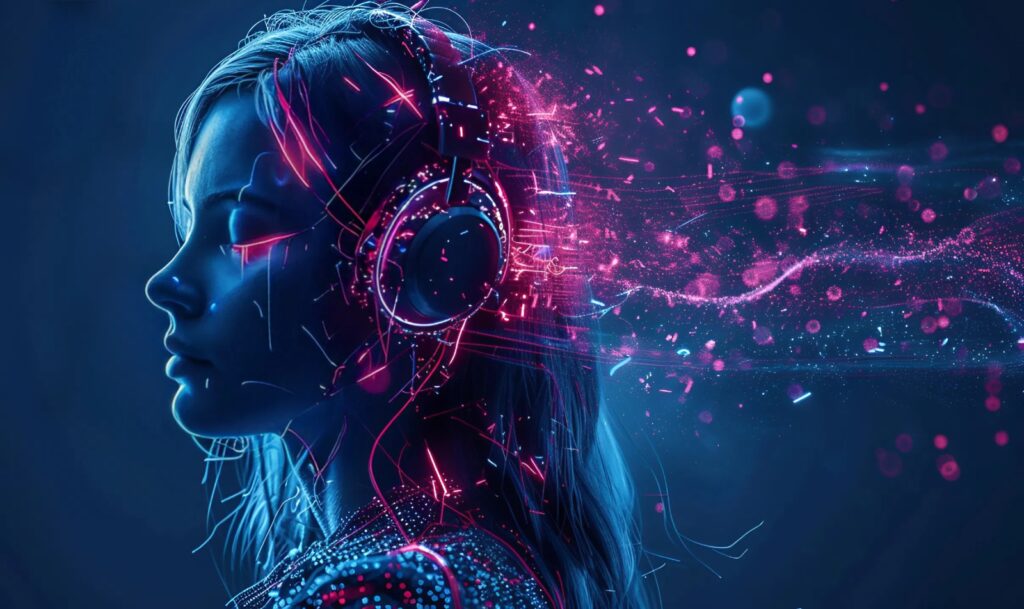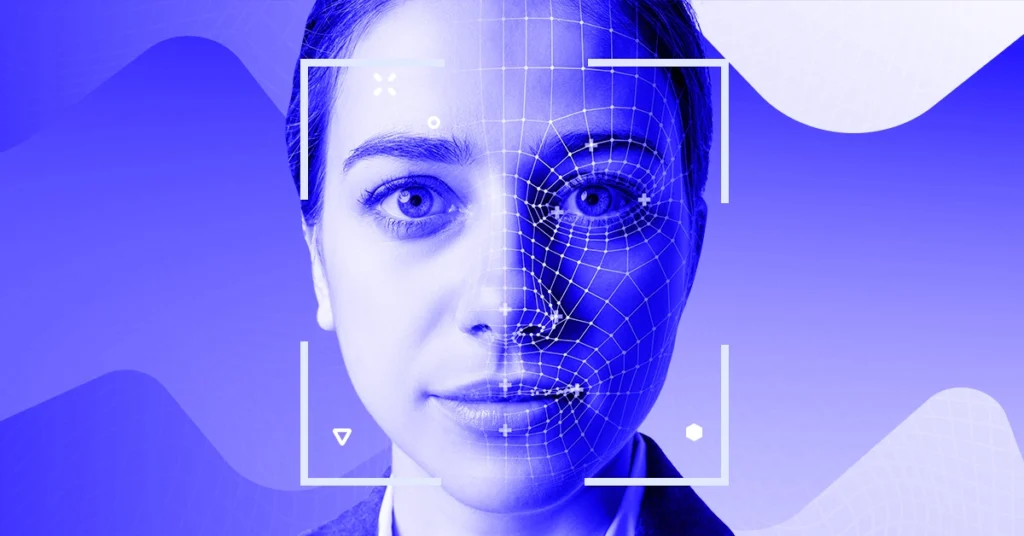The Emergence of AI-Driven Virtual Companions in the Digital Age


The digital era has ushered in a wave of innovative technologies that are reshaping our lifestyles in profound ways. One of the most fascinating developments is the emergence of AI-driven virtual companions. These digital entities are not just figments of science fiction but real, evolving tools that have started to make a significant impact in our everyday lives.
Understanding AI-Driven Virtual Companions
AI-driven virtual companions are sophisticated algorithms designed to simulate a certain level of companionship and interaction with their human users. Leveraging artificial intelligence, machine learning, and natural language processing, these companions are equipped to understand and respond to various human emotions and communications in a highly personalized manner.
Originally designed as chatbots for customer service or virtual assistants like Siri and Alexa, the scope of these AI companions has broadened exponentially. Today, they are designed to cater to specific needs such as providing emotional support, educational guidance, and even healthcare assistance.
The Role of AI Companions in Mental Health
One of the most promising applications of AI-driven virtual companions is in the field of mental health. These companions can provide much-needed support, especially in times when human accessibility is limited. AI algorithms can be designed to recognize signs of isolation, depression, or anxiety and provide real-time assistance or resources.
For instance, Replika is an AI companion app that has gained popularity for its capacity to deliver empathetic interactions. It allows users to engage in conversations tailored to their emotional state, offering a sense of companionship and support without judgement. This type of technological intervention is proving to be invaluable for those who may feel uncomfortable or lack the means to seek traditional mental health support.
AI Companions as Language and Educational Tools
The educational landscape is another arena where AI companions are making a substantial impact. These companions serve as patient, tireless tutors ready to assist users in learning new languages or enhancing other skills. Language learning platforms like Duolingo employ AI to tailor lessons to the user’s progress and preferences, ensuring a customized learning experience unlike any traditional classroom setting.
Furthermore, AI-driven educational tools can adjust to different learning styles, potentially aiding students who struggle in conventional systems. They provide a non-judgemental environment where learners can perfect their skills at their own pace, increasing the overall effectiveness of educational efforts.
AI in Personalized Healthcare
Healthcare is experiencing a revolutionary transformation with the integration of AI systems, particularly virtual companions capable of offering personalized health advice. These companions can remind patients to take medications, monitor vital signs, and even provide diet and fitness recommendations.
Take, for example, Lark, an AI-driven health app that acts as a personal health coach. It leverages AI to offer feedback on users’ health choices, daily activities, and lifestyle patterns. By doing so, AI companions play a crucial role in preventive healthcare, navigating users towards healthier habits and decisions in a personalized manner.

Challenges and Ethical Considerations
While AI-driven virtual companions offer remarkable benefits, they are not without their challenges and ethical considerations. One primary concern is data privacy. As these companions require access to personal data to provide personalized experiences, ensuring this information is securely stored and processed is paramount.
Moreover, the possibility of users developing unhealthy attachments to their virtual companions poses another ethical dilemma. It highlights the need for guidelines on how these entities are presented and marketed, ensuring they serve as tools for support rather than substitutes for human interaction.
Another consideration is the accuracy and reliability of the information provided by these virtual companions. Ensuring that the AI is well-trained and updated continually is crucial to prevent misinformation, especially in sensitive areas like mental and physical health.
Future Prospects of AI-Driven Companions
The trajectory of AI-driven virtual companions suggests that their roles and capabilities will continue to evolve. With advancements in technology such as improved machine learning algorithms, deeper natural language processing, and enhanced emotion recognition, the potential applications of AI companions are vast and varied.
Imagine AI companions that could understand context and nuance as humans do, providing not just reactive, but proactive support. Integration with augmented reality systems could further create immersive interactions that make these companions even more lifelike and beneficial.
The potential for AI-driven virtual companions is virtually limitless. As technology continues to advance, so too will the ways in which these companions can enhance our personal and professional lives. From assisting with day-to-day tasks to offering deep emotional support, AI-driven companions are set to become an integral part of the digital lifestyle.
Conclusion
The emergence of AI-driven virtual companions heralds a new chapter in the digital age, offering unprecedented opportunities for support and learning. While challenges remain, their potential to positively impact various facets of our lives is undeniable. As we continue to explore these possibilities, the hope is to strike a balance where technology enhances human connection without overshadowing it.
The digital landscape is a vibrant and dynamic space, poised to evolve as AI-driven companions become more sophisticated. Embracing this technological innovation thoughtfully could lead to a future where digital companionship enhances the quality of life for users around the globe, setting a new standard in personal and professional enrichment in the digital age.

